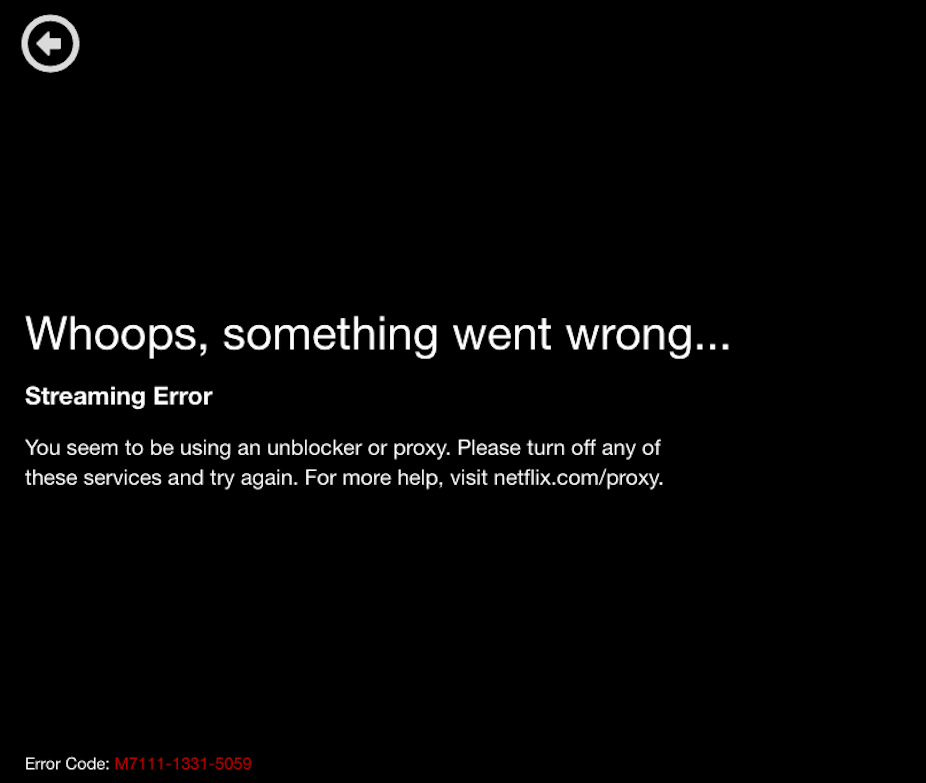There have been a number of suggestions to explain the slowdown in Netflix’s subscriber growth that resulted in its share price falling by 14.5%.
Netflix’s own theory is that users were put off by a price rise as Netflix phased out legacy price deals for early subscribers. Certainly the press covered the impending rise extensively and so this may have caused people to cancel subscriptions.
A second theory is that subscribers have abandoned the service because of the lack of content. Netflix has been spending its budget on its own content at the expense of licensing deals with other content providers. This has resulted in its US library of content being 40% smaller than 4 years ago.
Of course, for customers outside the US, the library has always been significantly smaller and so many paying customers have resorted to using VPNs to access this content.
At the beginning of this year, Netflix began blocking all connections to its services that came in over a VPN connection. This resulted in a cat-and-mouse game with VPN providers changing the technology they were using to get around these restrictions. Although there are still services that have managed effective workarounds to access US Netflix (for example, ExpressVPN, NordVPN and Vanished VPN), other VPN providers however have been slower to implement these fixes and so their users have been faced with switching VPN provider. Many users may have decided to give up at this point and cancel their Netflix subscription altogether.
There is some anecdotal evidence for subscribers cancelling their Netflix subscription because of the VPN crackdown. NordVPN has reported that comments and requests made by their customers has led them to believe that many are choosing to cancel their Netflix subscription because of the ongoing “proxy wars”.
Netflix has been forced into the move to block “geododgers” by the content providers who are still trying to control geographic restrictions that underpin their licensing deals around the world. The irony of this move however is that people will simply resort back to torrenting TV shows and movies, but of course now with the increased safety of using the very VPN service that Netflix prompted them to use in the first place.
As a side-effect, the increased use of VPNs has probably meant improved privacy for those using them after realising that they could be effectively left on without affecting download speeds noticeably.
The end result is that Netflix has a long way to go to truly “disrupt” the current order of content producers and providers who operate in a market designed to wring out as much profit from each market as possible. On the plus side, this does allow local streaming providers some chance of success as Netflix becomes less appealing to local audiences, especially outside of the US.
Right now, the US market is 61% of revenue and its international business lost $350 million over the past year. From that perspective, Netflix is likely to be less concerned about a relatively small proportion of subscribers that it loses as a result of its VPN blocking. However, given that these people are likely to be those that are more tech savvy, and possibly in a stronger position to influence others through comments, social media, blog posting and in fact articles written, it might end up having a much more significant impact on Netflix’s reputation and business.

